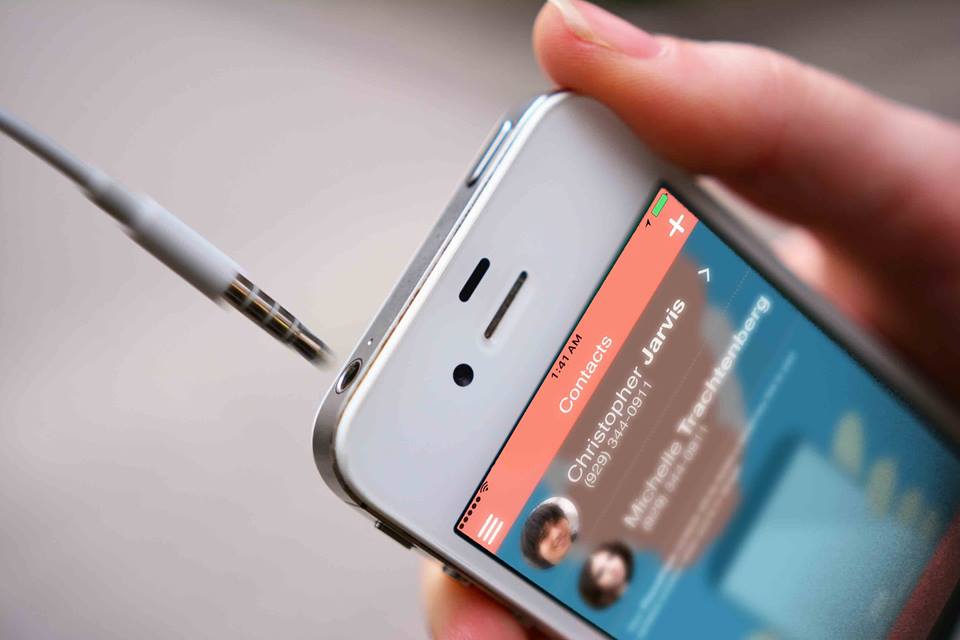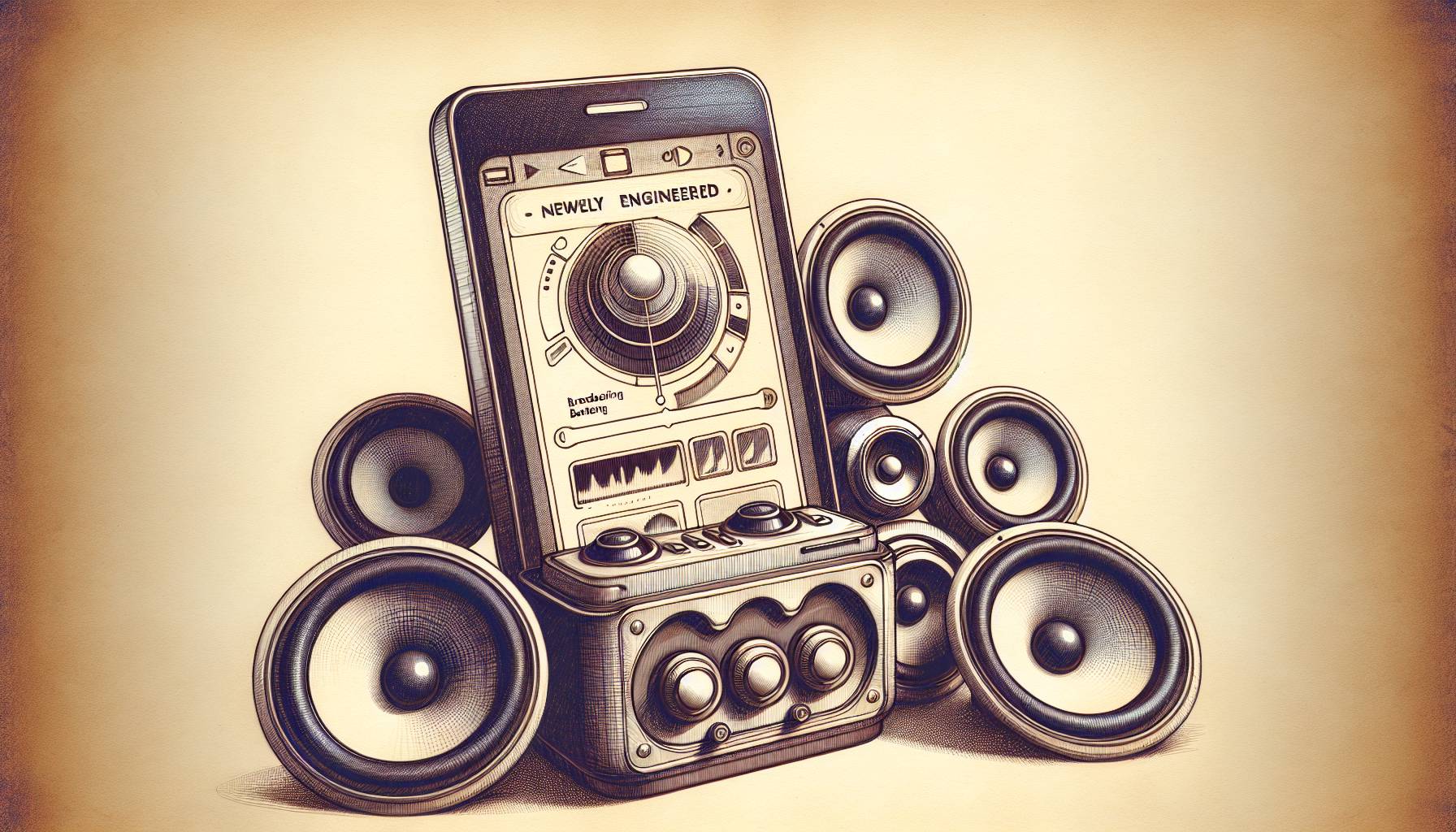1 in 4 college women will be the victim of sexual assault during her academic career and this figure is likely an underestimation due to significant underreporting. Enter PhoneFlare, a new app made by student volunteers that texts contacts your updating GPS location if you’re in trouble. It even cross references your email address with your current location to call your school’s safety dispatch if you’re on campus. How does it know you’re in danger? If you feel like you might be in a threatening situation, – like walking home alone late at night – you can plug your headphones in and arm your device. Just yank them out, like the emergency cord on a treadmill or signal flare, and help is on the way. For a more passive option, you can set check-in times – for example, let’s say you want to go out but expect to be home by midnight. PhoneFlare reminds you to check-in and after a grace period, will call for help if you’re unable to answer your phone.
So what’s the catch? Nothing, according to lead developer and filmmaker/game developer Christopher Cinq-Mars Jarvis, who promises PhoneFlare will be a forever free service. “No advertising whatsoever and no costs for users or communities- volunteers pay for overhead costs out of pocket with help from generous grants from Google and Twilio”. PhoneFlare is a registered 501(c)3 non-profit and open-source on GitHub, so anyone can contribute code to make it better or personalize it for their own uses. While there are laws in place to prevent the automated calling of 9-1-1, there is nothing preventing PhoneFlare servers from sharing a credible threat with your school’s emergency services and this, Jarvis says, will “help students better utilize the dispatch resources they already pay for and encourage colleges to better fund these departments and other like-minded programs in the interest of student safety”.
Not only does PhoneFlare hope to reduce rates of sexual assault on university campuses and increase campus dispatch response time, they also hope to make instances easier to prosecute when they do happen, – giving victims more confidence to come forward. During emergencies, audio can be recorded and nearby Bluetooth UDIDs logged for use as potential evidence — a way to potentially prove an assailant’s smart device was present at the time and location of the crime. Victims can also trigger “silent alarms” using advanced features so victims cannot be coerced into turning PhoneFlare off, or not activating it at all.
These features are by no means exclusive to students, – in fact, anyone is welcome to use the app and its developers believe it is particularly relevant for children and the elderly. Parents of children, or the family of an elder who lives alone, can be notified of trouble while still giving their loved one a feeling of independence. For the added feature of autocalling a dispatch center in your area, PhoneFlare already supports integration with select retirement community dispatch centers in Florida along with sheriff’s departments who have volunteered. These auto call systems are identical to the ones in place for calling campus safety departments and relay your name, nearest address and a disposable url of your updating location on google maps.













